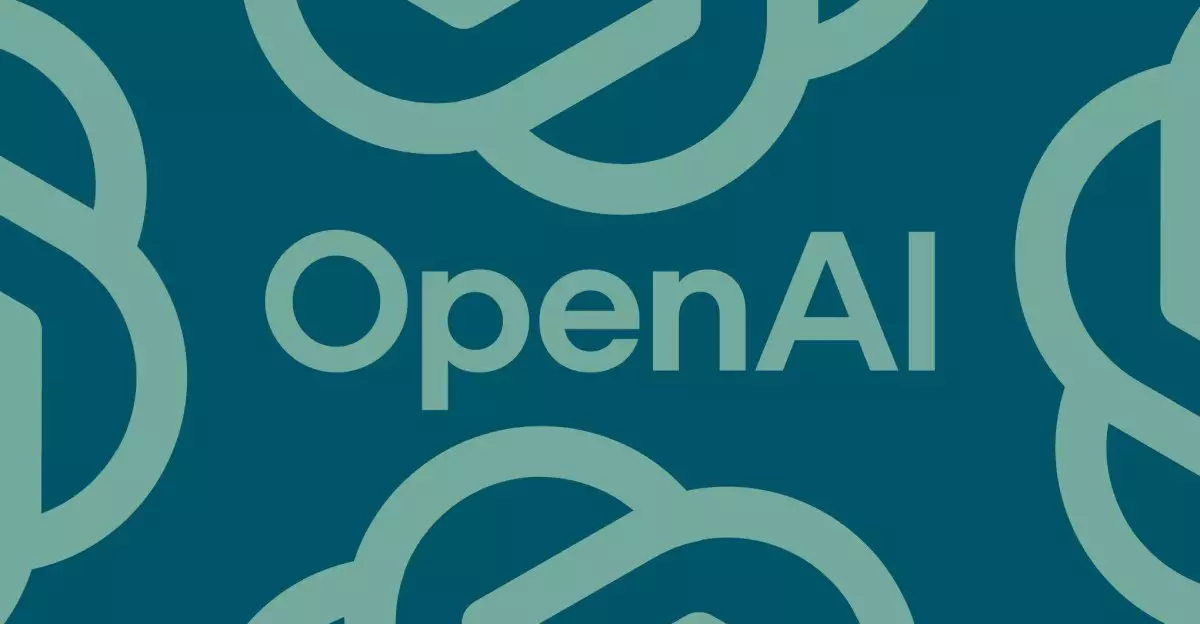In the rapidly evolving landscape of artificial intelligence, recent developments between Elon Musk and OpenAI have underscored the intense rivalries shaping the future of this transformative technology. OpenAI has struck back in a legal tug-of-war, framing Musk’s actions as malicious attempts to undermine its progress and seize control of groundbreaking advancements. As Musk’s relentless legal pursuits continue to unfold, critics and supporters alike are left questioning the ethics and motivations behind these high-stakes maneuvers.
A Counteroffensive from OpenAI
On Wednesday, OpenAI took a formidable stand by filing a countersuit against Musk, asserting that his relentless actions are simply “bad-faith tactics” designed to thwart OpenAI’s objectives. The language of the lawsuit is strong, directly accusing Musk of trying to disrupt what is perceived to be one of the most promising avenues for technological advancement in human history. For OpenAI, the charges emphasize a clear narrative: Musk’s attempts at interference may not merely be a disagreement over corporate direction, but rather an insidious effort to claim ownership of AI innovations for personal gain.
This countersuit is not just about legal strategy; it’s a definitive statement of purpose for OpenAI, reinforcing its commitment to prioritize ethical AI development over profit-driven motives. The assertion that Musk’s actions pose a direct threat to the future of AI highlights the turbulent emotional undercurrents governing this technological race. As AI becomes increasingly embedded in various sectors of society, the question arises: who owns the future trajectory of AI technologies, and at what ethical cost?
Musk’s Motivations: A Personal Crusade or Business Strategy?
Elon Musk’s involvement with OpenAI has a storied history, characterized by a mixture of altruistic intentions and personal ambition. The initial legal complaint he filed claimed he was advocating for a return to the organization’s foundational mission of developing artificial general intelligence (AGI) aimed at benefiting humanity, rather than merely serving shareholder interests. However, Musk’s legal arguments have faced scrutiny, with critics labeling them as “hilariously bad” and questioning their sincerity.
By withdrawing from one lawsuit and promptly launching another, Musk’s strategy raises eyebrows. Is he sincerely concerned about the ethical implications of AI, or is he leveraging legal maneuvering to assert influence over an organization once close to him? The duality of Musk’s motivations reveals the complexities of balancing personal intrigue with the broader mission of ensuring responsible AI development. It also speaks to the age-old philosophical concern about technology: as we create tools that can drastically reshape our world, who gets to decide how those tools are used?
The Future of AI at Stake
As both sides gear up for a trial set for Spring 2026, the implications extend far beyond the courtroom. The battle between Musk and OpenAI encapsulates the broader questions surrounding the governance of AI technologies. In a world where the boundaries between personal ambition and collective well-being blur, this legal battle becomes symbolic of the larger struggle for ethical direction in AI development. Will it evolve solely as a vehicle for profit, or can it be steered towards a future that prioritizes humanity? Only time will reveal which vision will prevail as these titans clash in their quest for control over AI’s future.


Leave a Reply